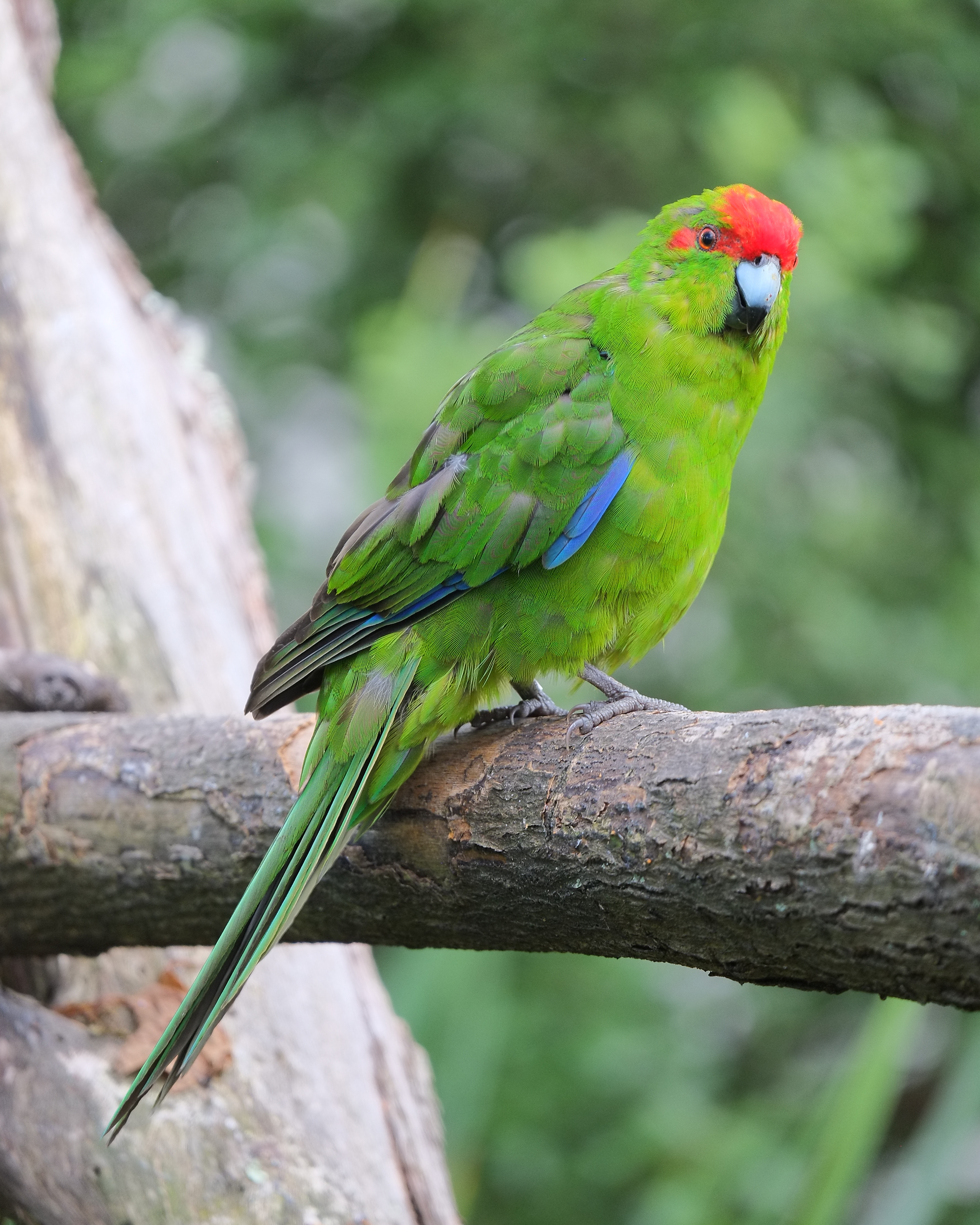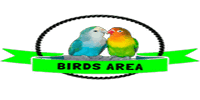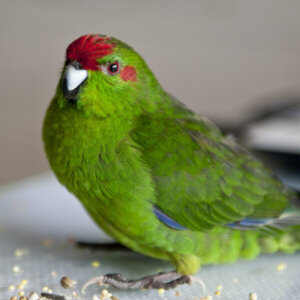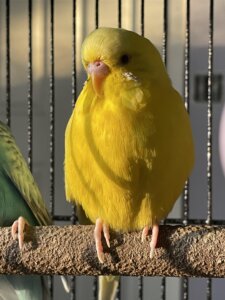What Can Kakarikis Not Eat: Essential Foods to Avoid
Kakarikis are delightful, energetic parakeets. Their diet needs careful attention.
So, what can Kakarikis not eat? Kakarikis, like all pets, rely on us for their well-being. Their diet is crucial for their health and happiness. While they can eat many fruits, vegetables, and seeds, some foods are harmful. These foods can cause illness or even be fatal.
Knowing what to avoid ensures your Kakariki stays healthy and lively. Certain foods might seem harmless but are dangerous for these birds. Understanding their dietary needs and restrictions helps in providing them with a safe diet. In this blog post, we will explore the foods that Kakarikis should never eat. This knowledge will help you keep your feathered friend safe and thriving.
Introduction To Kakariki Diet
Kakarikis are lively and curious birds. Their diet plays a crucial role in their health and happiness. Knowing what they can and can’t eat is vital. In this section, we’ll explore the essentials of a Kakariki’s diet.
Importance Of Proper Nutrition
Proper nutrition ensures that Kakarikis maintain their vibrant feathers and energetic behavior. A balanced diet prevents diseases and keeps their immune system strong.
Essential nutrients include:
- Proteins: For muscle strength and development.
- Vitamins: Particularly Vitamin A for eye health.
- Minerals: Calcium for bone strength.
Common Feeding Mistakes
Many owners make mistakes when feeding their Kakarikis. These errors can lead to health problems. Below are some common feeding mistakes to avoid:
| Mistake | Reason |
|---|---|
| Feeding Too Many Seeds | Seeds are high in fat and lack nutrients. |
| Offering Avocado | Avocado is toxic to birds. |
| Giving Chocolate | Chocolate can cause heart issues. |
| Providing Junk Food | High salt and sugar content harm birds. |
Always research before introducing new foods to your Kakariki. Their health depends on a well-rounded diet.
Toxic Foods For Kakarikis
Kakarikis are lively and cheerful parrots. They need a balanced diet to stay healthy. But some foods can be harmful to them. Knowing these toxic foods can help keep your Kakariki safe.
Avocado
Avocado is very dangerous for Kakarikis. It contains a toxin called persin. This toxin can cause heart damage. It can also lead to respiratory issues. Even a small amount can be harmful. Avoid feeding avocado to your Kakariki at all costs.
Chocolate
Chocolate is another food that Kakarikis should not eat. It contains theobromine and caffeine. These substances are toxic to birds. They can cause seizures and even death. Never give chocolate to your Kakariki.
Dangerous Fruits And Vegetables
Kakarikis are delightful and intelligent birds. They need a balanced diet for good health. But, not all fruits and vegetables are safe for them. Some can be harmful or even deadly. Let’s explore which ones to avoid.
Onions And Garlic
Onions and garlic are very dangerous for Kakarikis. They contain compounds that can damage red blood cells. This can lead to anemia. Even small amounts can be harmful. Never feed your bird onions or garlic.
Rhubarb
Rhubarb is another plant to keep away from your Kakariki. It contains oxalic acid. This acid can cause kidney problems. It can also interfere with calcium absorption. Both the leaves and stems are toxic. Always ensure rhubarb is not part of your bird’s diet.

Credit: en.wikipedia.org
Unsafe Seeds And Nuts
Kakarikis are curious and energetic parrots that love to explore new foods. However, some seeds and nuts are harmful to them. Understanding which seeds and nuts to avoid is essential for their well-being.
Apple Seeds
Apple seeds contain cyanide, a toxic substance for Kakarikis. Even small amounts can be dangerous. Always remove the seeds before feeding apples to your Kakariki. The flesh is safe and nutritious, but the seeds must be discarded.
Pits From Stone Fruits
Pits from fruits like cherries, peaches, and plums contain cyanide too. These pits are also choking hazards for Kakarikis. Ensure you remove all pits before offering these fruits. The fruit flesh is safe, but the pits pose significant risks.
Harmful Human Foods
Kakarikis are small parrots known for their vibrant colors and playful nature. As pet owners, it’s crucial to understand what foods can harm them. Certain human foods can be dangerous for Kakarikis. These foods can lead to health issues and even be fatal. Let’s explore the harmful human foods that Kakarikis should never eat.
Processed Foods
Processed foods contain preservatives and additives. These chemicals can harm a Kakariki’s digestive system. Foods like chips, cookies, and canned items are high in salt and sugar. These ingredients can cause dehydration and obesity in birds.
Avoid giving Kakarikis any food that comes in a package. Fresh fruits and vegetables are always the best options. Read labels and ensure no harmful substances are present in the food.
Caffeinated Beverages
Caffeine is toxic to birds. Beverages like coffee, tea, and soda can cause serious health problems. Caffeine can lead to increased heart rate, hyperactivity, and even cardiac arrest.
Always keep caffeinated drinks out of your bird’s reach. Offer water and safe fruit juices instead. Ensuring they have a healthy diet will keep them active and happy.
Inappropriate Dairy Products
Kakarikis are delightful birds with specific dietary needs. They thrive on a balanced diet of fruits, vegetables, seeds, and grains. But certain foods can harm them. One such group is dairy products. Kakarikis cannot digest dairy like humans. This can lead to health issues.
Milk
Milk seems harmless but is unsuitable for Kakarikis. They lack the enzymes needed to digest lactose. Drinking milk can cause digestive problems. Symptoms include diarrhea and stomach pain. It’s best to keep milk away from their diet.
Cheese
Cheese is another dairy product to avoid. It contains lactose and high fat. Kakarikis can’t process these well. Eating cheese can lead to obesity and digestive issues. Instead, offer safe treats like fruits and vegetables.
Avoidable Grains And Legumes
Kakarikis are playful and curious parrots. They need a balanced diet to stay healthy. While they enjoy a variety of foods, some grains and legumes can be harmful. Knowing what to avoid is crucial for their well-being. This section focuses on avoidable grains and legumes.
Raw Beans
Raw beans are toxic to Kakarikis. They contain harmful compounds like lectins. These compounds can cause digestive issues. Cooked beans are safe, but raw beans are not. Always ensure beans are thoroughly cooked before feeding.
Uncooked Rice
Uncooked rice can be dangerous for Kakarikis. It can expand in their stomachs, causing discomfort. Cooked rice, on the other hand, is fine. Always cook rice before offering it to your bird. This simple step keeps them safe and happy.

Credit: feistyfeathers.com
Conclusion And Care Tips
Ensuring your Kakariki’s diet is healthy and balanced is crucial for their well-being. By understanding what they can’t eat, you can prevent potential health issues. Here are some care tips for keeping your feathered friend happy and healthy.
Safe Alternatives
Instead of harmful foods, offer your Kakariki safe and nutritious alternatives. Some healthy options include:
- Fresh Fruits: Apples, pears, and berries (without seeds).
- Vegetables: Carrots, spinach, and bell peppers.
- Seeds and Nuts: Sunflower seeds and unsalted, plain nuts.
Always wash fruits and vegetables thoroughly. This removes pesticides and other harmful substances.
Regular Health Checks
Regular health checks ensure your Kakariki stays in top shape. Follow these steps:
- Observe: Watch for changes in behavior, appetite, or droppings.
- Weigh: Regularly weigh your bird to monitor weight changes.
- Vet Visits: Schedule annual check-ups with an avian vet.
Early detection of health issues can prevent serious problems later.

Credit: www.northernparrots.com
Frequently Asked Questions
What Foods Are Toxic To Kakarikis?
Kakarikis should avoid avocado, chocolate, caffeine, and alcohol. These foods are toxic to them. Also, avoid feeding them onions, garlic, and rhubarb.
Can Kakarikis Eat Dairy Products?
No, Kakarikis should not eat dairy products. They cannot digest lactose properly. Avoid giving them milk, cheese, or yogurt.
Are Seeds Safe For Kakarikis?
Seeds should be given in moderation. Some seeds are high in fat. Balance their diet with fruits, vegetables, and pellets.
Can Kakarikis Eat Human Junk Food?
No, Kakarikis should not eat human junk food. Foods like chips, candy, and fast food are unhealthy. They contain harmful ingredients.
Conclusion
Feeding your Kakariki the right food is crucial for their health. Avoid toxic foods like chocolate, caffeine, and avocado. Stick to a balanced diet of seeds, fruits, and vegetables. Always research before introducing new foods. Your bird’s well-being depends on safe and nutritious choices.
Regular vet visits can also help ensure your Kakariki remains healthy. Remember, a happy bird is a healthy bird. Prioritize their diet for a longer, happier life.
Hello Dear, I'm Poli Kolymnia, owner of many birds (including budgies).
With a deep passion for these feathered companions, I'm here to share my expertise and extensive knowledge on birds care.
My articles cover essential topics like diet, housing, care, and health, providing practical tips to help you create a happy and thriving environment for your birds.





